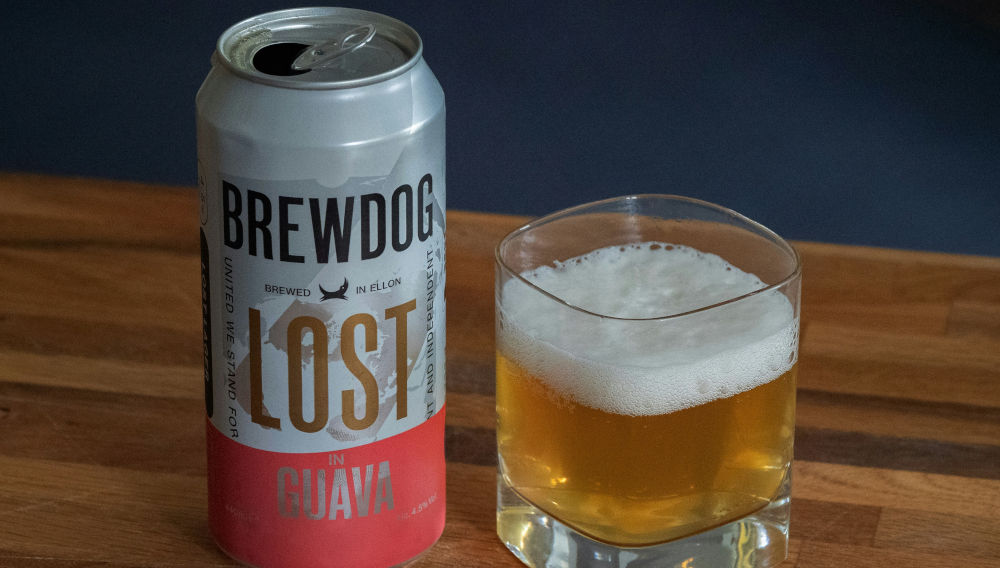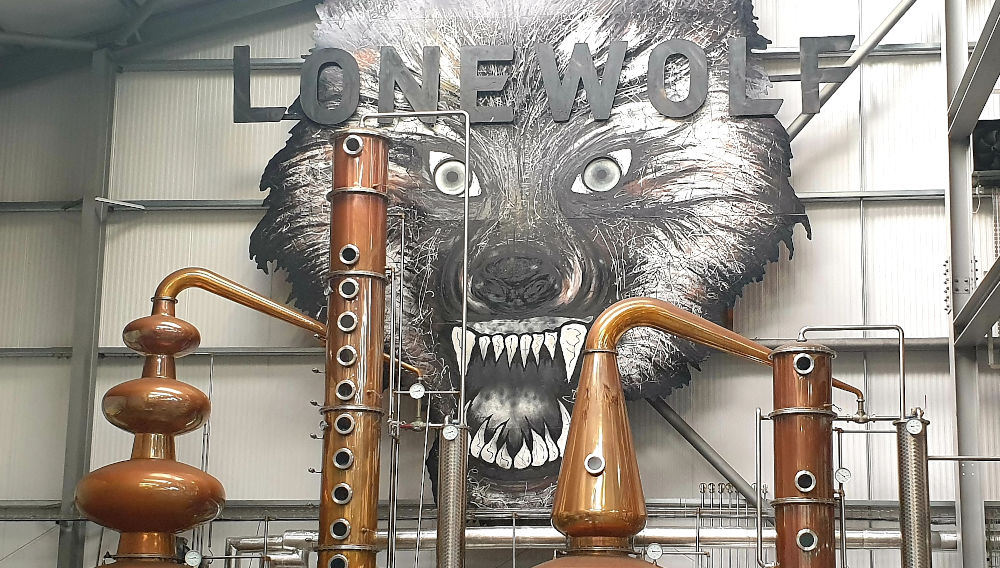Europe/Russia
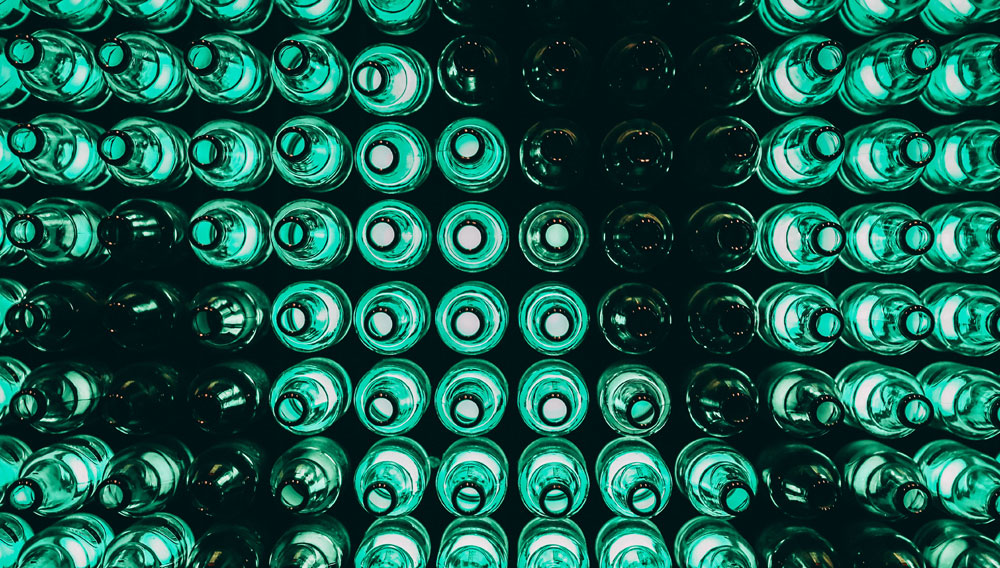
The Netherlands | Heineken said it will cut up to 6000 jobs from its global workforce over the next two years to save up to EUR 500 million annually. The job cuts amount to almost 7 percent of the 87,000-strong, global workforce, the brewer said on 11 February. It also set lower expectations for 2026 profit growth than last year, as the Dutch brewer and its peers face weakening demand. The company is searching for a new CEO following the resignation of Dolf van den Brink in January.
Europe/Russia
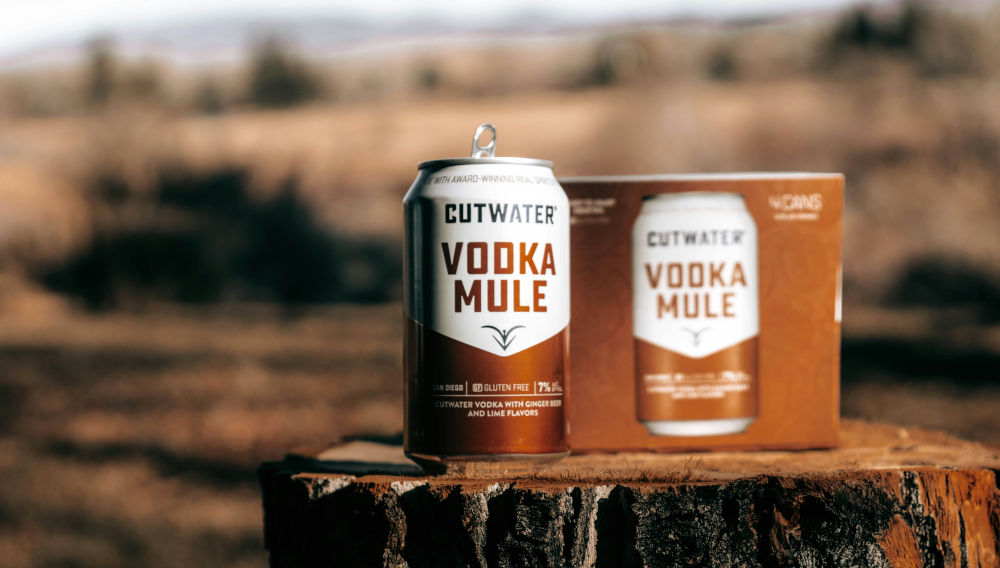
Belgium | The US market was a focal point in AB-InBev’s results presentation (12 February), both in prepared remarks and throughout Q&A. Harry Schuhmacher, the publisher of Beer Business Daily, was not alone in wondering why analysts were so smitten by the brewer’s turnaround in the US, considering that the US market is not the firm’s biggest.
Europe/Russia
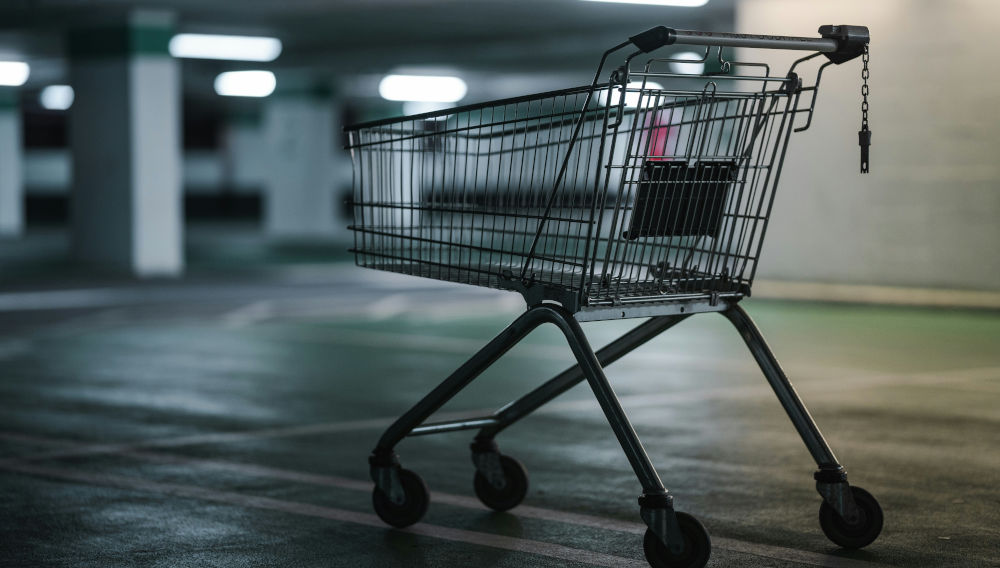
Russia | Prices have risen steadily in Russia since the beginning of the full-scale invasion of Ukraine. With Russia's economy suspended between stagnation and decline, ordinary Russians have begun to feel the pinch from the Kremlin's war, as it enters into its fifth year, the BBC reported on 18 February.
Europe/Russia
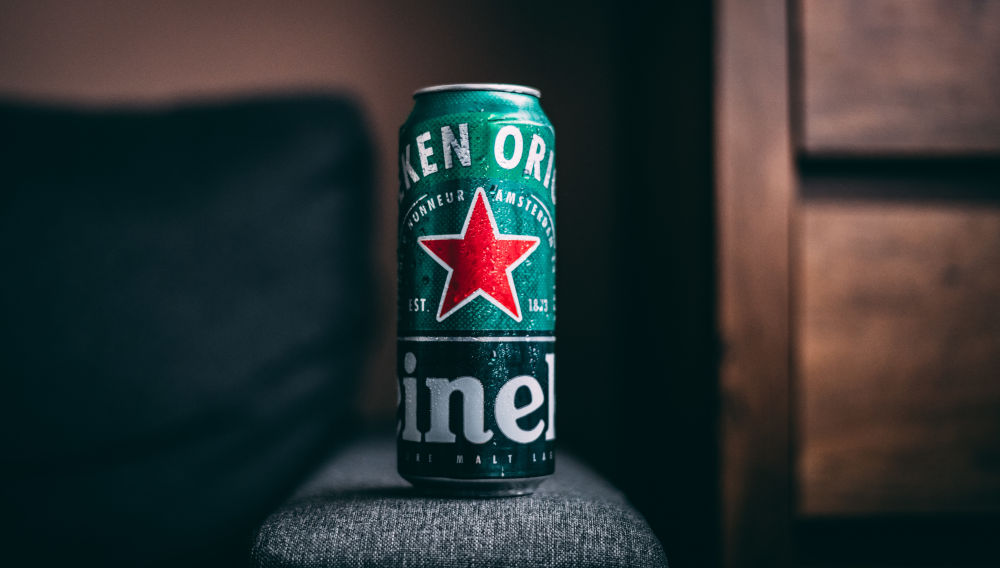
The Netherlands | In the light of Heineken’s recently announced cost cuts which could affect up to 6000 jobs globally, the reorganisation of its European operations into several multi-market operating companies has employees further on edge. Though touted as “pooling resources” and a sharpening of focus, it is actually about centralising decision-making and reporting lines into fewer regional centres to reduce costs overall and raise profits at a time of declining beer sales.
Europe/Russia
Germany | Official sales figures are out and they are disastrous: According to the Federal Statistical Office, beer sales fell by 6.0 percent to around 78 million hl in 2025, a loss of 5 million hl beer. This is the steepest annual sales decline since 1993. Regardless of seasonal fluctuations, the figures confirm the long-term downward trend.
Europe/Russia
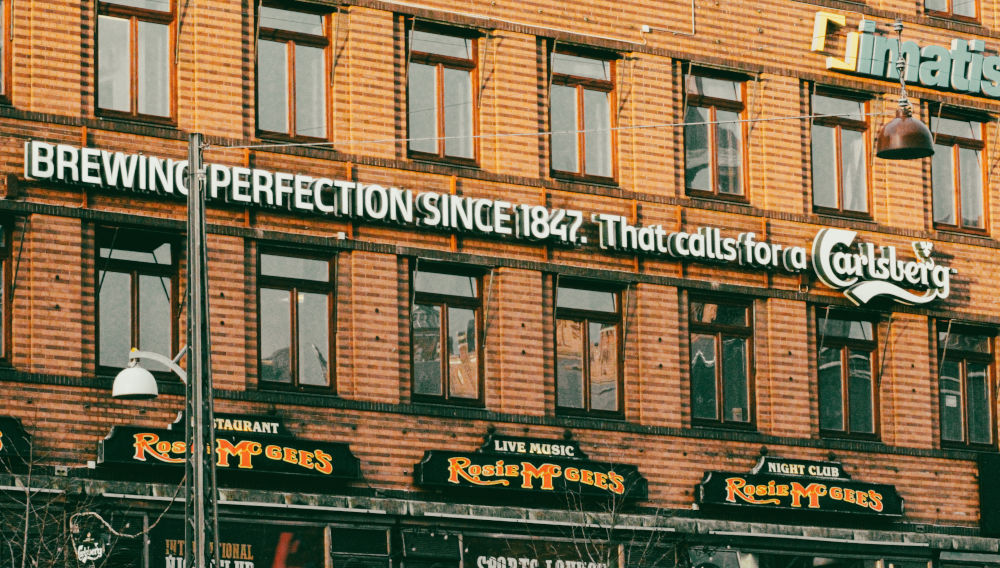
Denmark | Danish brewer Carlsberg reported a 5 percent rise in full-year operating profit, beating analyst expectations. This was helped by cost-cutting and stronger-than-anticipated benefits from its acquisition of soft drinks maker Britvic last year, which also doubled the share of soft drinks in its portfolio to 30 percent of volumes. Yet, Carlsberg warned on 4 February it did not expect any improvements in a stubbornly difficult consumer environment.
Europe/Russia
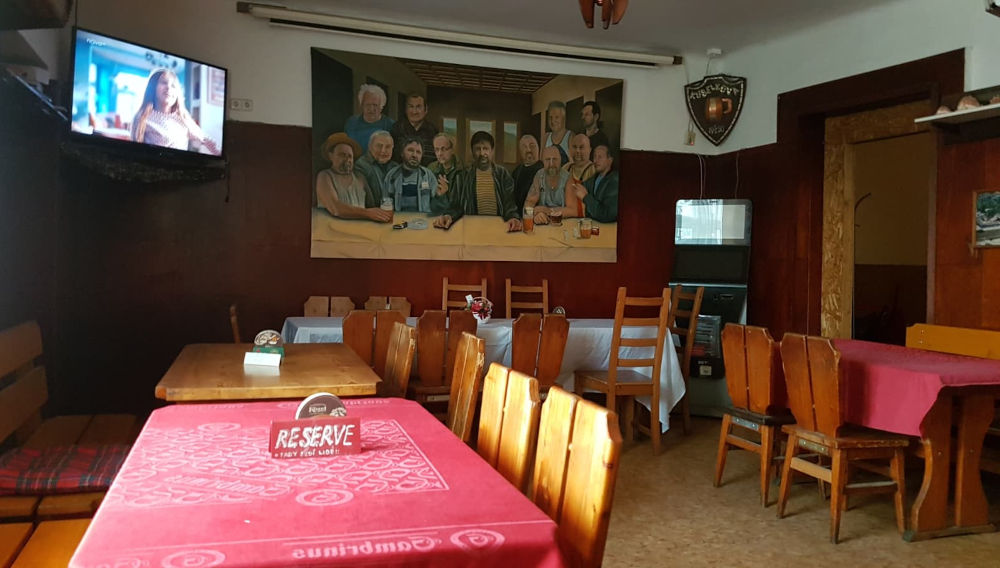
Czech Republic | The beer market dropped during 2025 by over 5 percent according to early figures, undermining the country’s image as a stable island of beer culture while all around it beer consumption declines.
Europe/Russia
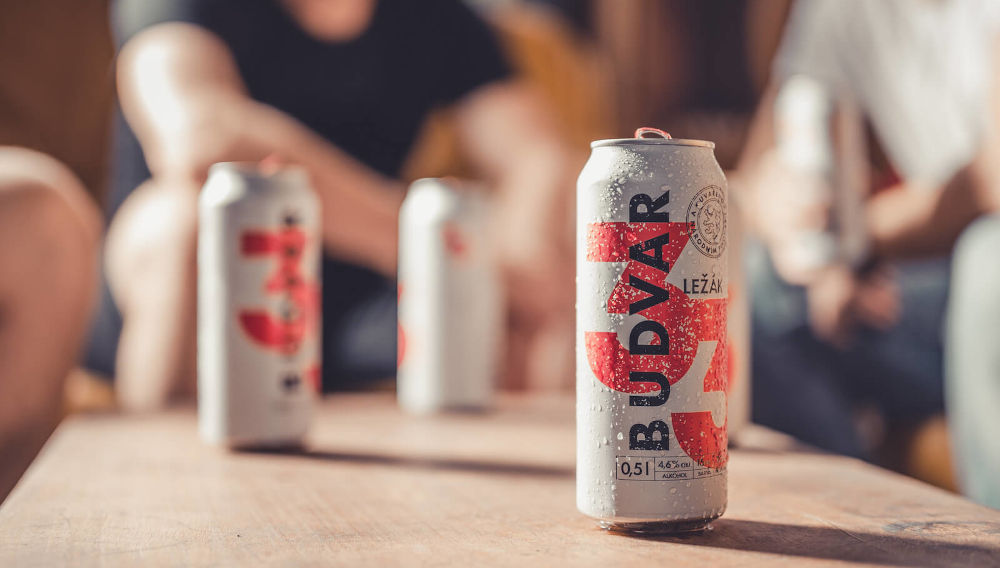
Czech Republic | For the third year in a row the state-owned brewery Budweiser Budvar reports record sales. In 2025, it sold 1.95 million hl beer – one percent more than in the previous year, defying the overall market, which shrunk in excess of 5 percent.
Europe/Russia
United Kingdom | Scottish brewer and bar operator BrewDog will close down its distilling arm after ten years in operation, and stop the production of its spirits brands, including Lonewolf Gin, Abstrakt Vodka, Duo Rum, Casa Rayos Tequila and Ron Bodega rum, over the coming months, media reported on 27 January. The canned cocktail brand Wonderland, however, will continue to be produced by a third party. BrewDog did not confirm how many jobs will be impacted.
Europe/Russia
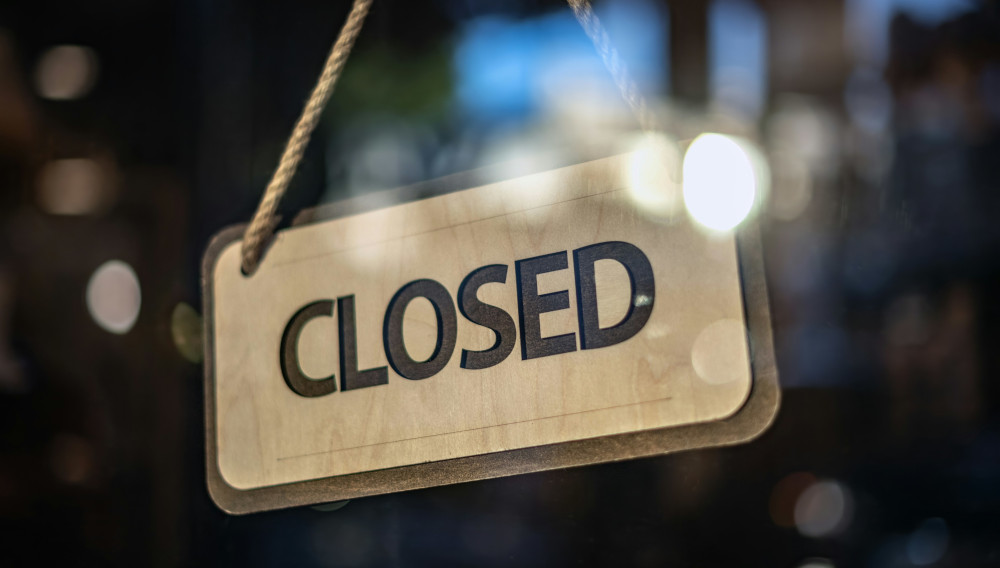
United Kingdom | It is not just pubs disappearing at an alarming rate. According to new figures released on 27 January, brewery closure rates increased dramatically during 2025 compared to previous years. The UK now has just 1578 individual breweries as of 1st January, says the Society of Independent Brewers and Associates (SIBA), compared to 1715 at the start of 2025, 1815 in 2024, and 1828 in 2023 when SIBA’s brewery tracker started.

